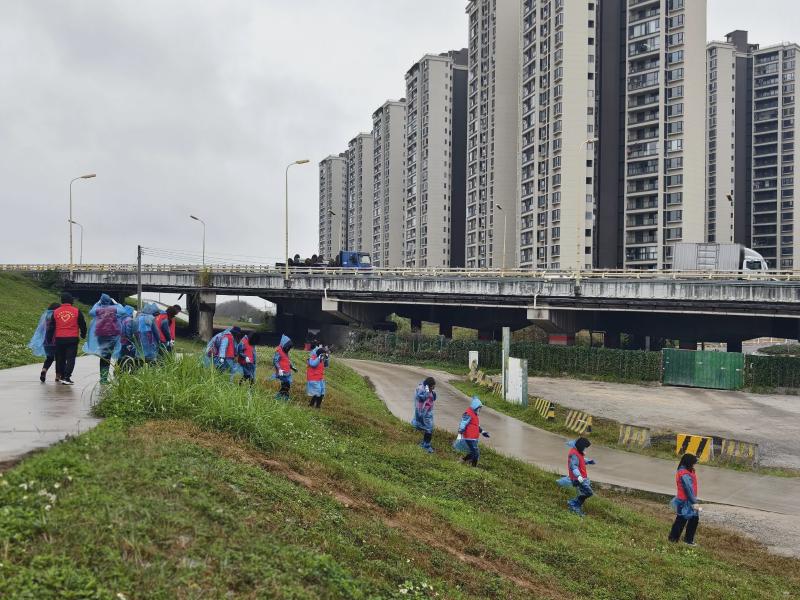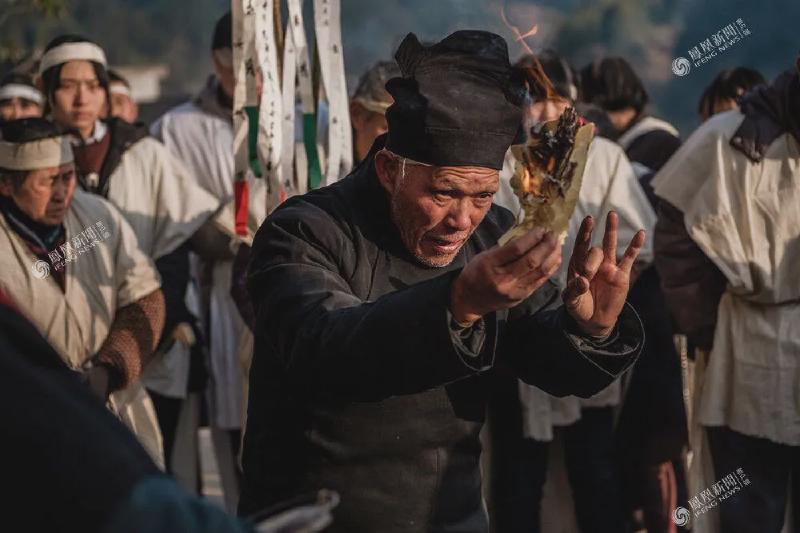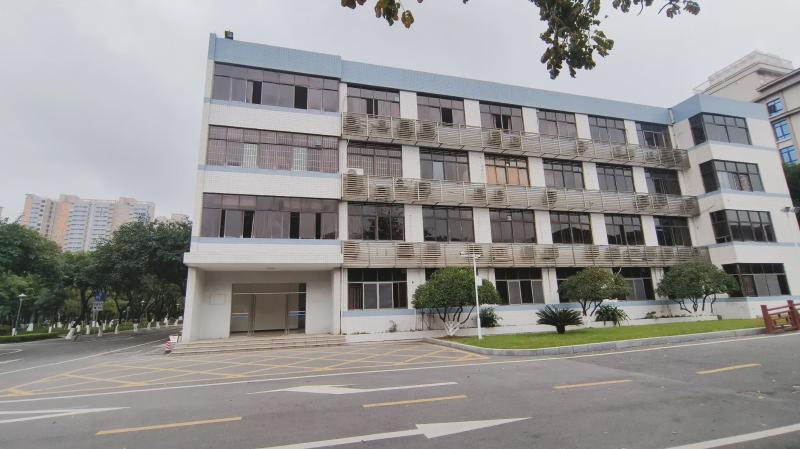Recently, I have been participating in a series of rural volunteer public welfare activities for several days. The main tasks are twofold: one is to help solve the problem of rural uncleanliness, and the other is to carry out tree planting activities in rural areas. Here, I would like to focus on the reasons behind the first issue.
Recently, I purchased the Vivo X100 Pro smartphone and also got the Vivo Watch 3 smartwatch. Additionally, because I found my previous mobile plan with China Mobile to be too expensive, I added a mobile SIM card plan from China Broadcasting Network. Here, I’ll briefly share my experiences with these products.
Funerals have always been an important ritual in human civilization. In terms of traditional Chinese culture, earth burial has been a significant part of Han culture. Besides the Han, there are other burial practices such as cremation, water burial, and sky burial. As China’s urbanization movement accelerates, the traditional cultural practice of earth burial has become increasingly rare. Now, in most parts of China, cremation has replaced earth burial. My hometown, Hunan, may be one of the few provinces in China where Han people are the majority and still retain a significant amount of earth burial traditions.
The 2024 Chinese Lunar New Year holiday lasts for a total of 8 days, and most places also have a holiday on the eve of the New Year, which is considered part of the actual holiday, making it 9 days. Taking advantage of the long holiday, I didn’t hesitate to bring the children back to my hometown in Hunan to celebrate the New Year. Even though the traffic jams on the way back and forth exceeded ten hours, such minor difficulties seemed insignificant compared to the joy of family reunion and the warmth of kinship.
Recently, I rushed back from Guangdong to Hunan to attend two weddings. One was my cousin’s wedding, and the other was the wedding of a high school classmate whom my wife and I both know. These two weddings have been long awaited and are considered well-deserved. Among them, my cousin’s wedding began to be planned at the beginning of 2023. His wife comes from a remote mountainous area in Yunnan and belongs to the Lahu ethnic group. Another classmate’s wedding was planned three years ago but was unable to be held due to the impact of the COVID-19 pandemic, which has always been difficult to gather a large number of people. Therefore, it was only held this year during the Spring Festival when everyone had spare time to make up for the wedding. In fact, their son is already three years old.
This is a typical case where shareholders are held jointly and severally liable for a company’s debts after the revision of the Company Law of the People’s Republic of China. The plaintiff is a certain new materials group company from Guangdong (Company A), and the defendants are Mr. Li and Chengdu certain industrial company (Company B), with the case being a contract dispute.
Recently, due to some reasons, we have had to move from our original office building to another office building. I worked in the previous office building for 9 years, during which time I also changed several offices, but none of these moves were as impactful as the current one, which involves a complete relocation to a different building. Although the original office building was constructed in 1983, it was still adaptable to current office needs. However, the newly occupied office building, despite being built at a later time, has an interior that seems very serious and oppressive.
Today, I had the great pleasure of attending the Foshan High-Quality Development and Rule of Law Forum. The theme of this forum was bankruptcy and the rule of law. The event featured two top experts in the field of bankruptcy law in China: Professor Li Shuguang from China University of Political Science and Law, and Professor Xu Yangguang from Renmin University of China. In addition, Judge Ding Haihu, an expert in bankruptcy adjudication from the High People’s Court of Guangdong Province, was also invited to speak at the event.







